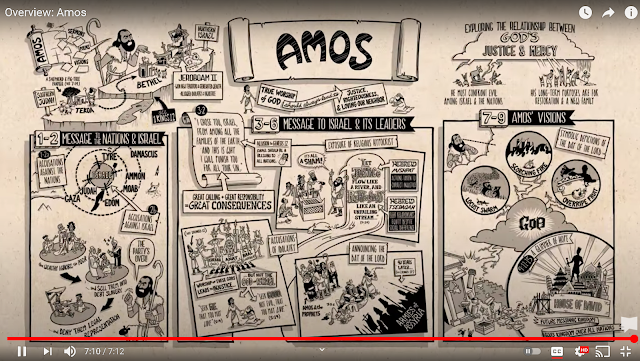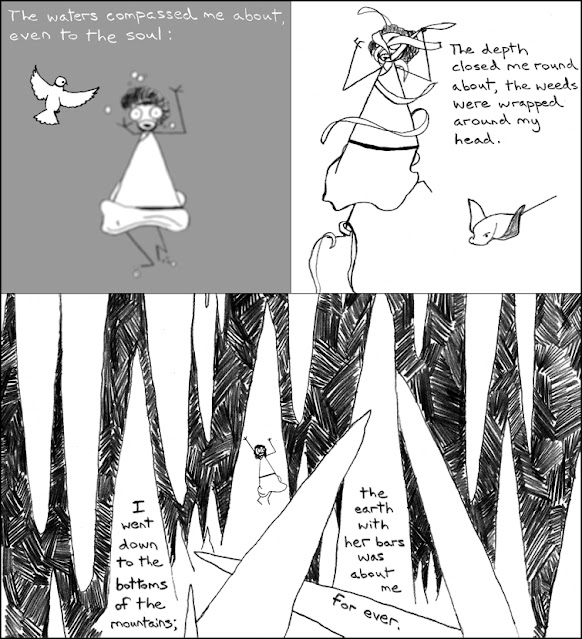Advent 2021, The In-Betweens

We are all in-between, in expectation, in our daily lives. Waiting for our to-do list to be-done. Waiting for break or dinnertime or the early evening window when we can sit with some ease unscripted. We wait for children to sleep or for them to visit. We wait anytime we anticipate future somethings, small something, daily somethings, or grand life transforming somethings. We wait. Artwork courtesy of Eleanor T. Hawkins An eastern perspective encourages living in the moment, not becoming enmeshed in the past or future. I see wisdom in being present, recognizing the gift and value of the now, the today. However, I would not go so far as to suggest the past or future is lesser or a mirage. Both the Jewish and Christian traditions place emphasis on history, remembering, and anticipating things to come. I think these are right too. So, in this season of in-betweens--for me personally, there are a dozen transitions--I look forward to this season of advent, of reconnecting with differe








